Learn 10 Things About Migration And Convocation Certificates: What If The Role of MOI?
Migration and convocation certificates can be confusing, but they are essential documents for students and professionals moving across institutions or stepping into the workforce. In this blog, we’ll uncover ten important things about these certificates and shed light on the role of the Medium of Instruction (MOI).
Need help with your Migration and Convocation Certificate? Contact Us Now!
1. Understanding Migration Certificates
Migration certificates are issued by educational institutions when a student wishes to transfer from one institution to another. They contain critical information that facilitates the transfer process. This document confirms that the student was previously enrolled at the institution and completes all formalities required to support their transition. The realization of its importance usually comes when you decide to pursue education in another state or country, and you need this to be considered for admission.
In addition to confirming your previous enrollment, migration certificates often include details about your academic performance, character evaluation, and sometimes attendance records. These details aim to provide a comprehensive picture to the new institution, ensuring there are no gaps or misunderstandings about your academic journey. For many students, the process of obtaining a migration certificate can seem daunting, but knowing what to expect can make it more manageable.
Moreover, migration certificates come with a set of rules and eligibility criteria that differ from one institution to another. It’s crucial to be aware of the specific requirements of your current and future institutions to prevent any roadblocks. Some institutions might require you to provide additional documents like a transfer certificate or conduct certificate. Being prepared for these requisites helps in achieving a smoother transition.
Read more: The Role of World Document Services in Your Migration Journey
2. Convocation Certificates Explained
Convocation certificates, also known as degree certificates, are given upon the successful completion of an academic program. They serve as proof of the qualification earned. Typically awarded during a graduation ceremony, these certificates are a testimony to a student’s hard work and dedication to their studies. It signifies the official recognition of academic achievement by the institution.
A convocation certificate usually includes specific details such as the student’s name, the course completed, the division secured, and sometimes even the principal’s or university’s seal. This makes it not just a piece of paper, but an important document that plays a vital role in your academic and professional life. Whether you’re applying for higher education, seeking employment, or looking for promotions, the convocation certificate is often a required credential.
In various countries, it’s common that convocation certificates are supplemented by transcripts that offer a detailed account of your academic performance semester by semester. These combined documents provide a holistic view to potential employers or educational institutions regarding your academic strengths and areas of interest. Therefore, safeguarding these documents is of utmost importance for your future endeavors.
3. The Significance of MOI
MOI stands for Medium of Instruction, indicating the language used to teach the course. This can be crucial for higher education or job applications in different regions. Understanding MOI becomes significant when you apply to institutions or job sectors where language proficiency plays a key role in your acceptance. For instance, an English MOI might be crucial for students or professionals aiming for opportunities where English is the primary language of communication.
The role of MOI extends beyond just language proficiency. It is also an indicator of how well you might adapt to the new educational or professional environment. Institutions and employers often look at the MOI to gauge whether additional language training or support would be necessary. Hence, when applying for positions or programs in non-native countries, MOI plays an essential role in showcasing your preparedness and adaptability.
4. How MOI Affects Migration Certificates
The MOI can play a vital role in the acceptance of migration certificates as it ensures that the student can cope with the language requirements of the new institution. If you’re transitioning to an institution where the teaching medium is different from your previous one, having an MOI that aligns with the new environment can make a big difference in your acceptance chances.
In scenarios where the MOI is not aligned, students might have to undertake bridging courses or language proficiency tests. Therefore, having an awareness of the MOI requirements beforehand is crucial. Knowing the MOI in advance helps in better preparation and minimizes any potential hurdles that could arise during the application process.
5. The Role of MOI in Convocation Certificates
For convocation certificates, the MOI can affect international recognition of the degree and the student’s eligibility for further studies or employment. Many institutions abroad or multinational companies require proof of the language in which your degree was taught to understand if it meets their criteria. An MOI in English, for example, can be a significant advantage for global opportunities.
6. Applying for a Migration Certificate
Learn about the application process, required documents, and timing to apply for a migration certificate smoothly. Be prepared to gather all relevant documents such as your mark sheets, transfer certificates, and identity proofs. Often, institutions have specific application windows, so keeping track of deadlines is vital to avoid last-minute issues.
Some tips for a smooth application process include verifying all information for accuracy, keeping multiple copies of each document, and staying in touch with administrative officials for any updates. Remember, the more methodical you are in your approach, the fewer hiccups you’ll face in obtaining your migration certificate.
7. How to Obtain a Convocation Certificate
Discover the steps to collect your convocation certificate, including any ceremonies or administrative tasks involved. Start by checking the announcements from your institution regarding the graduation ceremony or alternative ways to collect your certificate. Institutions often provide a timeline and guidelines for collecting the certificate, be it in person, by mail, or via a designated representative.
Additionally, it’s good practice to confirm if there are any administrative fees or mandatory submissions required to finalize the issuance of your certificate. Prepare accordingly and follow the institution’s instructions to ensure you receive your convocation certificate without unnecessary delays.
8. Common Issues with Migration Certificates
Identify and troubleshoot common problems that may arise during the migration certificate application process. One frequent issue is the mismatch of information between various documents, leading to questions about the authenticity of the details provided. Ensuring that all your records are consistent and accurate can help mitigate this concern.
Another common problem involves processing delays due to administrative bottlenecks. Knowing who to contact and staying proactive in follow-ups can significantly reduce such delays. Keep a checklist handy to track your progress and identify any missing documentation that might cause issues.
9. Challenges in Obtaining Convocation Certificates
Understand the potential delays or issues one might face when trying to get their convocation certificate and how to address them. Often, students face delays due to incomplete submissions or holding back of certificates due to unpaid dues. Ensuring you have cleared all dues and met every requirement set by the institution can smoothen the process.
In some cases, errors in the printed information on the certificate can also be a challenge. If you encounter any inaccuracies, report them immediately to the concerned authorities to have them rectified. Having patience and following up diplomatically can resolve these issues efficiently.
Read more: MOI Certifications: Bridging the Gap in Cross-Border Education Validation
10. Tips for a Smooth Certification Process
Follow these helpful tips to ensure that your migration and convocation certification processes are as smooth and hassle-free as possible. Begin by understanding the specific requirements of both your current and future institutions to avoid unexpected surprises. Keep an organized file with all necessary documents and multiple copies to replace any lost originals.
Stay proactive by maintaining regular communication with admission or administration offices to catch any issues early. Finally, familiarize yourself with the typical timelines and procedural nuances of certification to manage your expectations and reduce stress throughout the process.







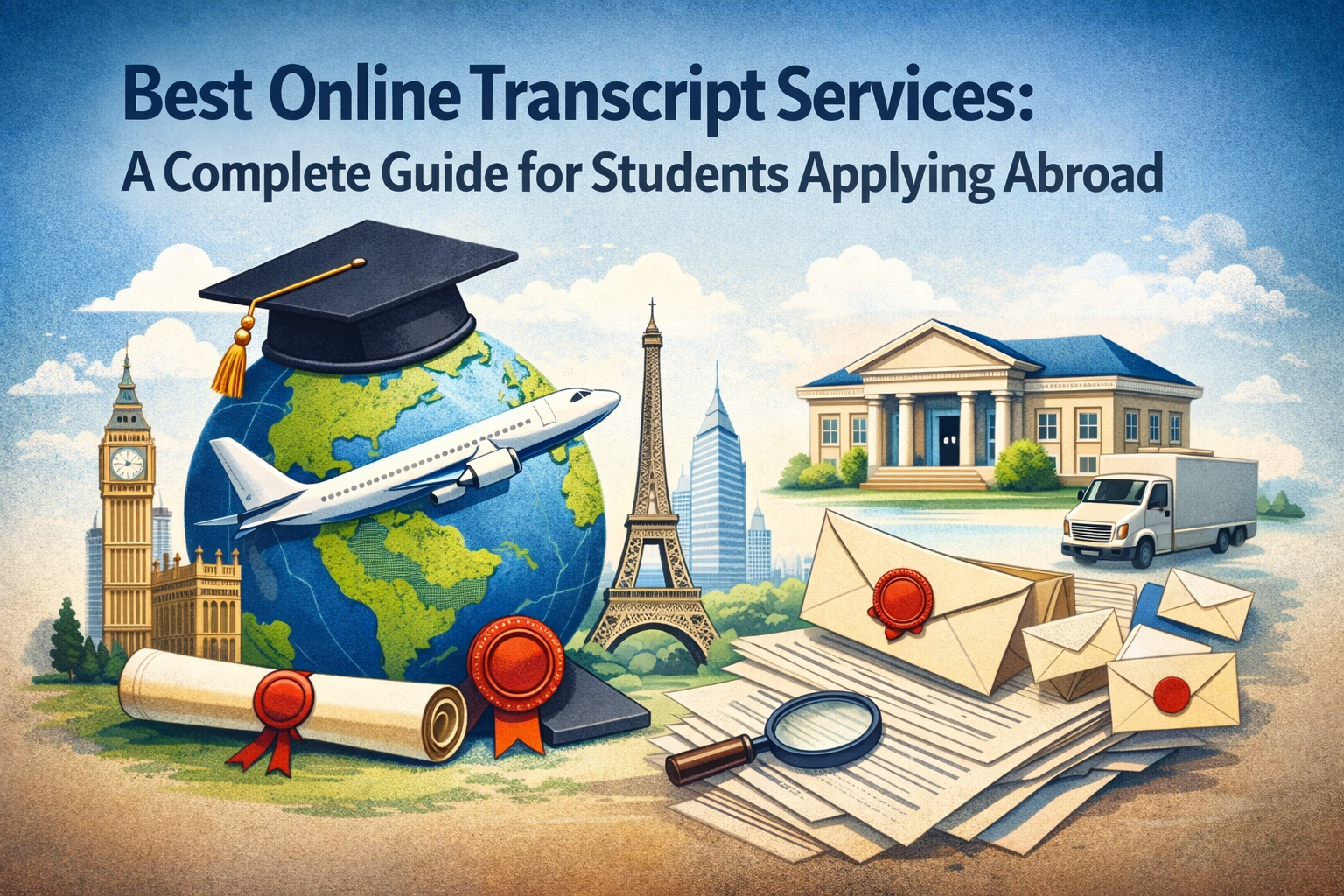


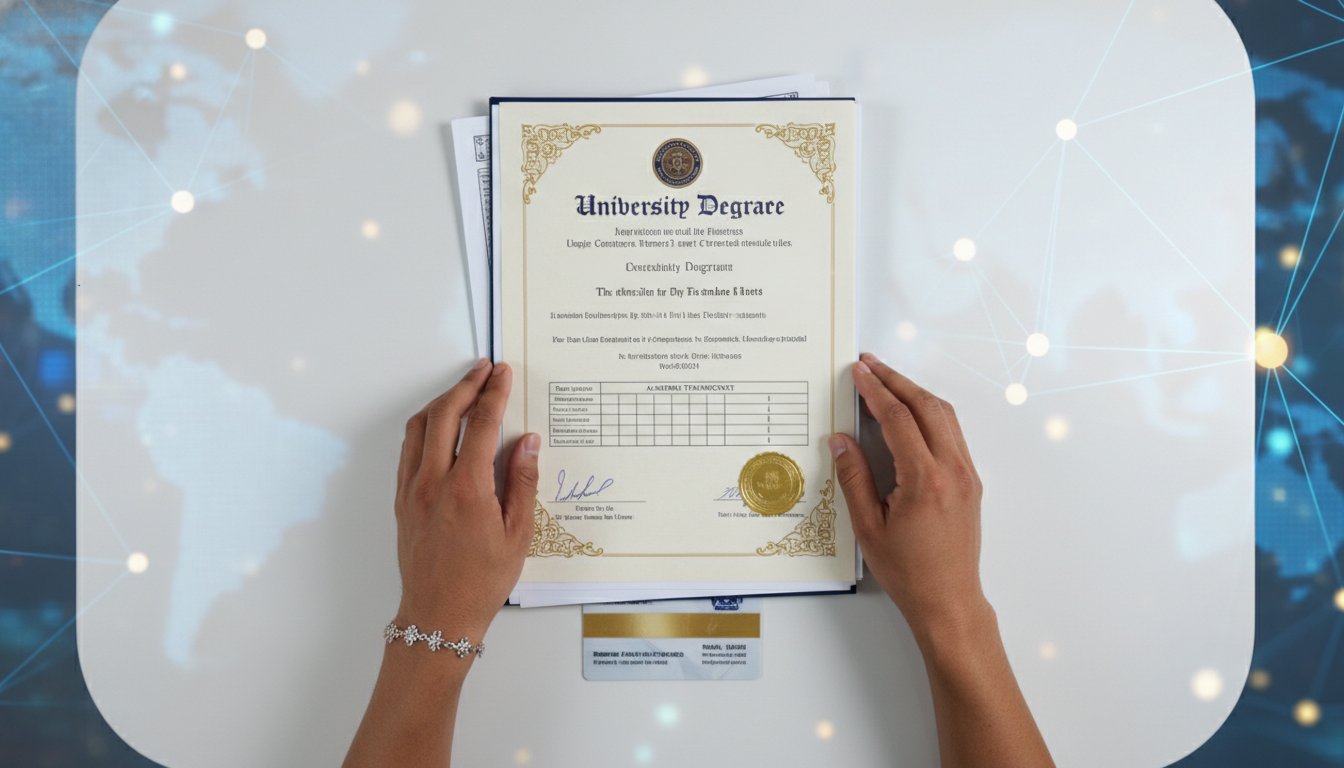
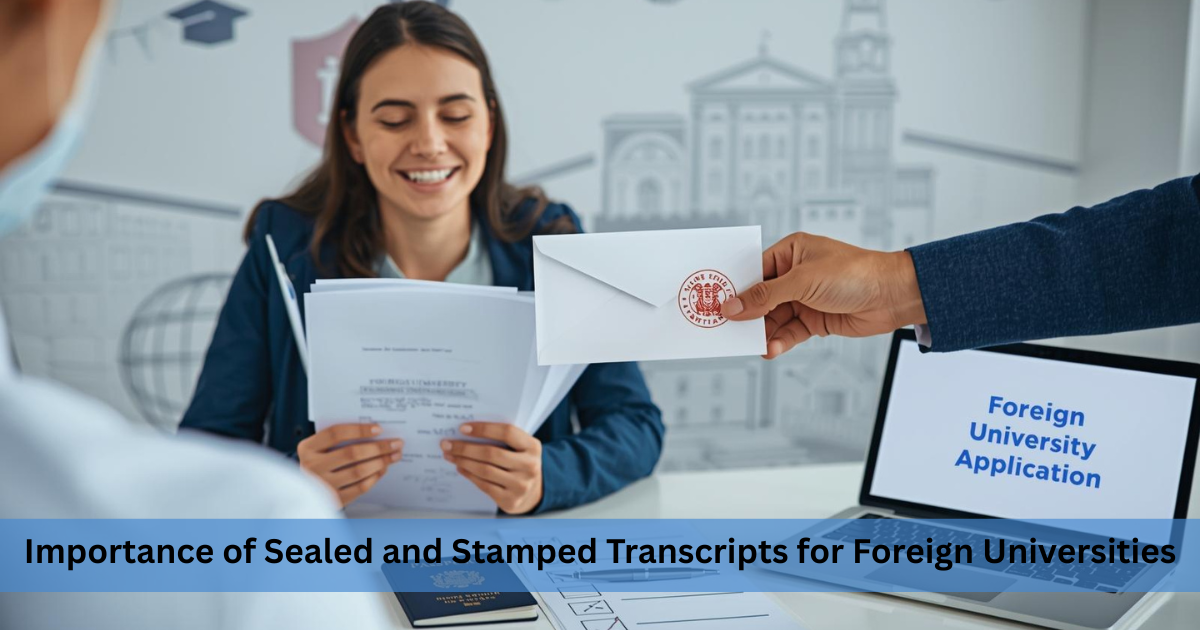

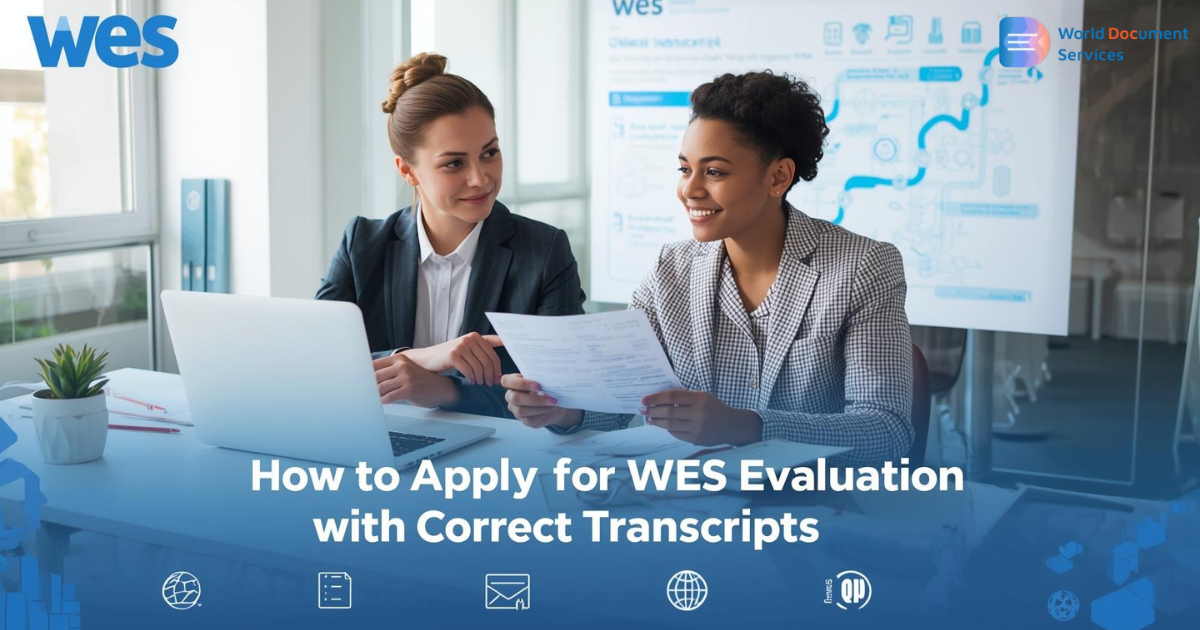
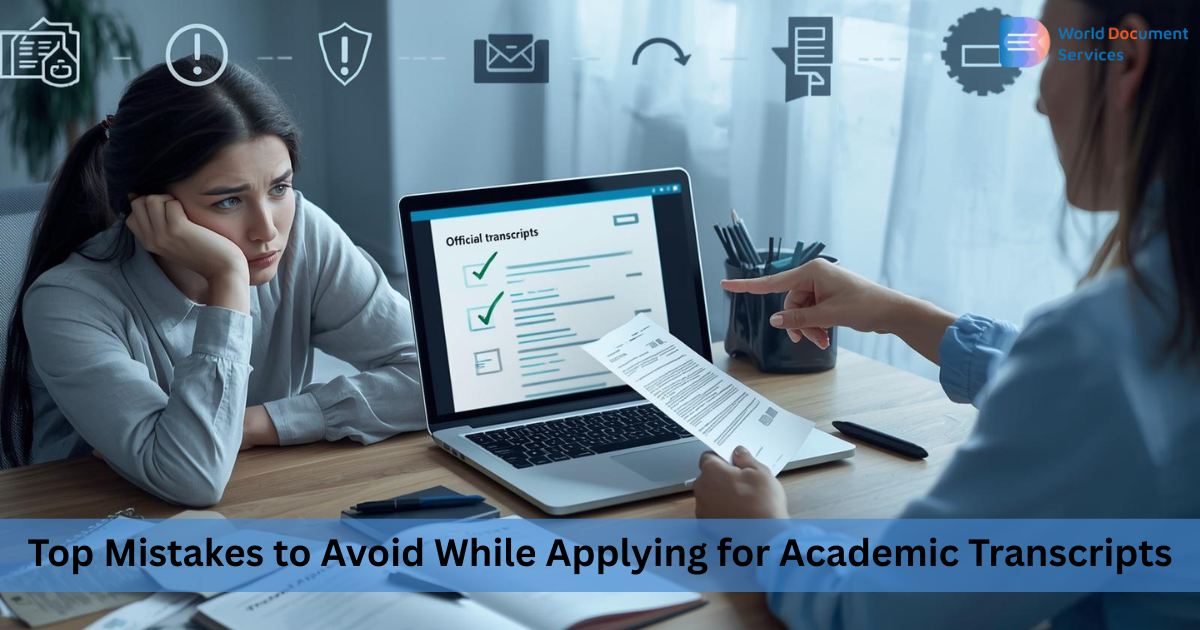
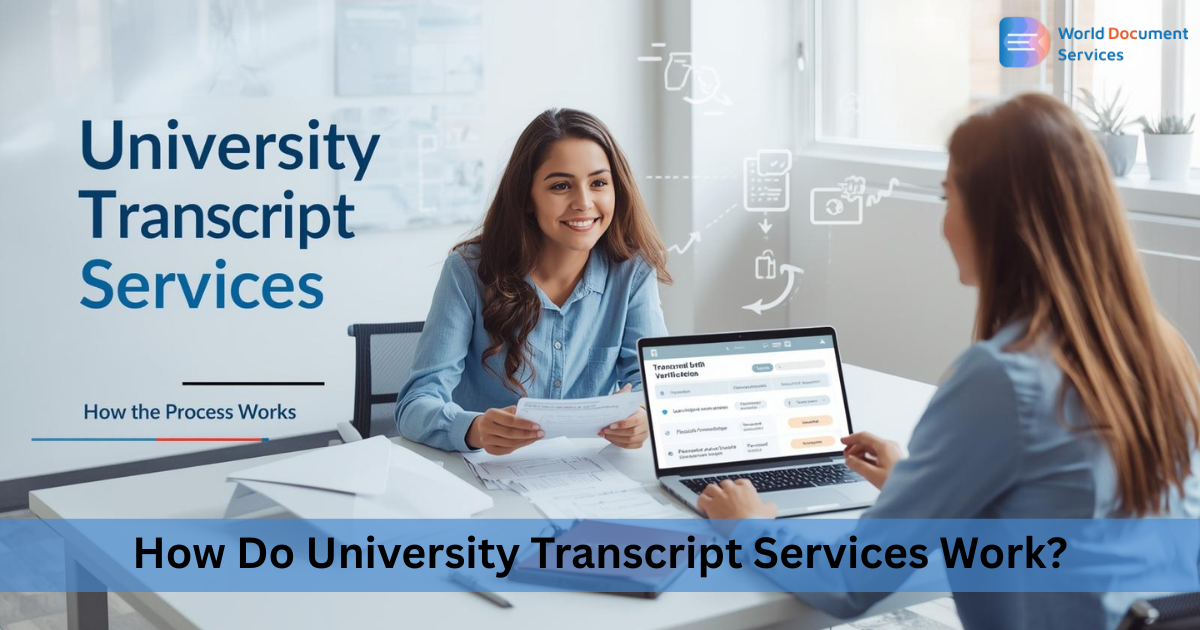
 Call Us
Call Us Mail Us
Mail Us WhatsApp
WhatsApp
